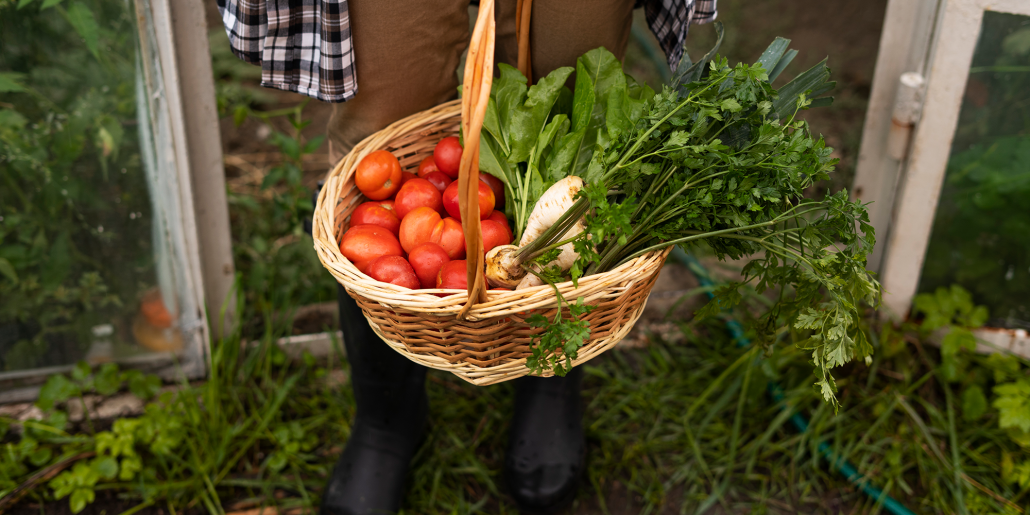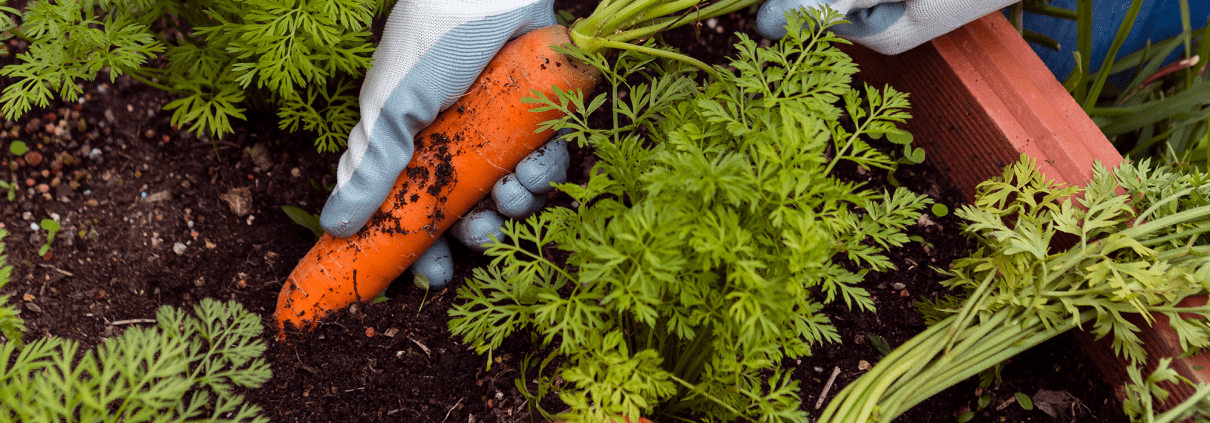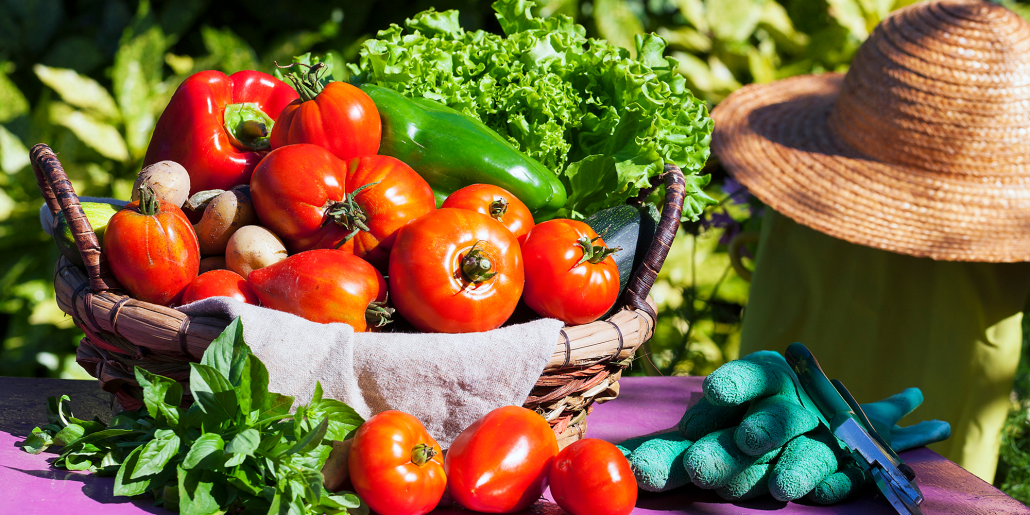The Right Compost for Vegetable Gardens and Tips for Maintenance
The Right Compost for Vegetable Gardens will be shown in the below article. A flourishing vegetable garden begins with a foundation of healthy soil, and compost is the secret ingredient that makes it all possible. Choosing the right compost and maintaining your vegetable garden is essential to ensuring your plants grow strong, yield abundantly, and remain disease-free. Here’s how to do it right.
Choosing the Right Compost
Compost for vegetable gardens enriches soil, improves structure, and provides essential nutrients. Not all composts are equal, so choose wisely.
1. Organic Compost
When time or space limits your ability to make compost, organic compost (view our product) can be an excellent alternative.
2. Specialized Compost Types
- Mushroom Compost: Great for vegetables that prefer alkaline soil, like brassicas (cabbage, broccoli, and cauliflower).
- Worm Castings: Rich in nutrients and beneficial microbes, perfect for top-dressing plants.
- Composted Manure: Well-aged manure from cows, chickens, or horses is a nutrient powerhouse for most vegetables.
3. Specialized Compost
- Mushroom Compost: Good for alkaline-loving vegetables like cabbage or broccoli.
- Worm Castings: Nutrient-rich and microbe-packed.
- Composted Manure: A powerhouse for most vegetables when well-age
Using Compost Effectively
- Mix into Soil: Blend 2-3 inches into the top 6-8 inches before planting.
- Top-Dress: Add a layer of compost for vegetable gardens around plants during the season.
- Compost Tea: Steep compost in water for a nutrient-rich liquid feed.

Maintaining Your Vegetable Garden
Maintenance ensures productivity throughout the season.
1. Watering
Water deeply and consistently, avoiding overwatering to prevent root rot.
- Tip: Water early morning to reduce evaporation and fungal issues.
2. Weeding
Remove weeds regularly to reduce competition for resources.
3. Mulching
Apply mulch to retain moisture, regulate temperature, and suppress weeds.
4. Crop Rotation
Rotate crops each season to prevent soil depletion and pest buildup.
5. Pest Management
Inspect plants regularly and use organic solutions for early intervention.
6. Harvesting
Pick ripe vegetables promptly to encourage continuous production.
The Bottom Line
A successful vegetable garden starts with the right compost for vegetable gardens and thrives with proper care. By nurturing your soil, you’ll enjoy healthy plants and a bountiful harvest!




